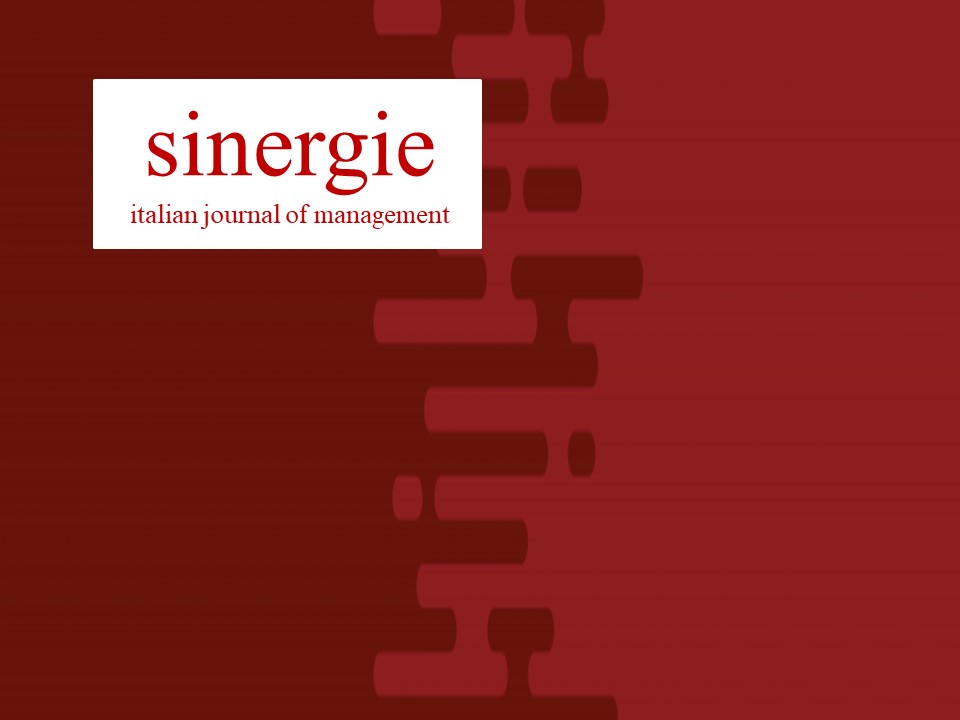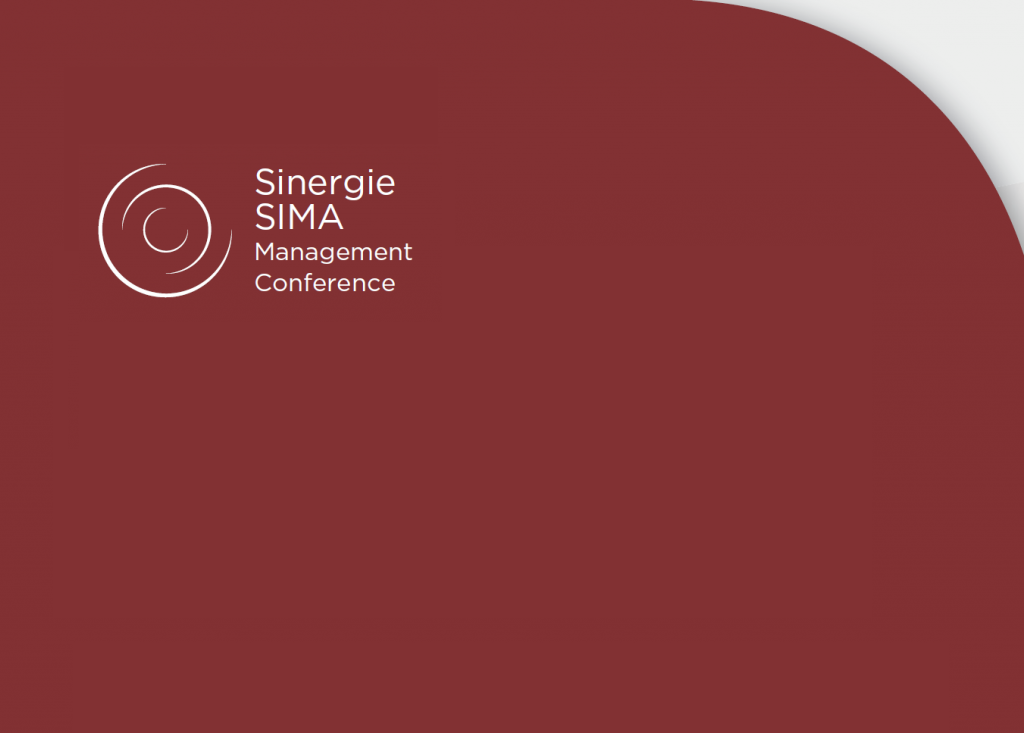Isomorphic and decoupling processes: An empirical analysis of governance in Italian state museums
Purpose of the paper: This study, which adopts a situationist perspective, analyzes the governance dynamics of Italian museum organizations. It focuses on the role played by the actors involved in the governance practices of the national artistic-cultural heritage, the institutional pressures brought to bear on the conduct of museum directors, and the initiation of isomorphic and decoupling processes by the actors.
Methodology: We conducted field research to verify the presence of isomorphic and decoupling processes in the strategic behavior of directors who are responsible for Italian state museums. To this end, we developed descriptive, cluster, and cross-tabulation analyses.
Findings: The field research first detected a widespread emphasis on the protection of artistic-cultural heritage. Secondly, it revealed a tendency for museum directors to adopt isomorphic and decoupling strategies.
Research limits. Although the situationist perspective enabled a more realistic representation of the phenomenon, it did not provide a set of prescriptive, ready-to-use governance practices.
Practical implications: These new insights into the governance of museums from the situationist perspective should stimulate the sector’s actors to review the use of predictive models and to acquire the skills needed to understand the competitive nature of institutional environments. The study should also show the way for further studies on the role of directors and a wider understanding of this topic.
Originality of the paper This study gives the reader the opportunity to recognize isomorphic and/or decoupling processes as the inevitable result of a fragmented regulatory framework.


